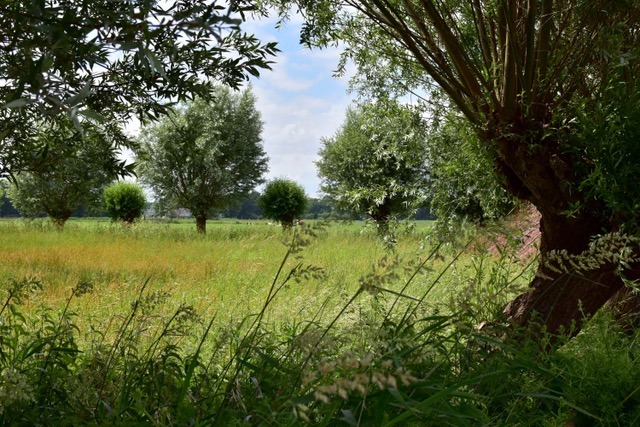“Is it possible for people to miss their lives in the same way one misses a plane?” Walker Percy asks in his novel The Second Coming. With his character Will Barrett—a lonely widower, recently retired from a very successful business career—Percy confronts us with a person who has confused all the activity of his life for genuine movement or growth. Such confusion has led Will Barrett, late in his life, to wonder whether he has “missed” his life.
Not once in his entire life had he allowed himself to come to rest in the quiet center of himself but had forever cast himself forward from some dark past he could not remember to a future which did not exist. Not once had he been present for his life. So his life had passed like a dream.
Will Barrett awakens to the illusions of his life and to the emptiness of his heart. And this unrest emerges from within him like an invitation—an invitation to step back, pay attention, and make some life-altering choices.
We are not passive spectators in our own lives though many of us, like Will Barrett, try to live that way. Life is certainly difficult. And sadly, we can easily live such distracted, superficial, and unreflective lives. But waking up to the depth and possibility of the life that we already live invariably requires the caring and discerning involvement of others. Having a vision for one’s life, whether one is 20 or 45 or 65 years old, so often is the result of good companionship. Cistercian monk Michael Casey puts this so eloquently:
It is my belief that in Western society we tend to underestimate the depth of human experience. We are more at ease dealing with objective facts and overt happenings than in opening toward what is beneath the surface. Undoubtedly this complicates life. One finds beneath a cheery, well-adjusted facade a vulnerability and a history of hurt. In the short-term it is easier to interact by assuming a surface calm. Mostly we do not want to listen to pressures building up inside others; we prefer to hope they will muddle through, and (anyhow) we have enough worries on our own account. Perhaps the most necessary of all skills today is the timeless knack of being able to listen to others, allowing them to tell their story, knowing that telling it will ease their burden and help them become stronger.
There is far more going on beneath the surface of our lives than we tend to acknowledge or even recognize ourselves. And few greater gifts can be offered to a person than another’s caring attention to the particularities of his or her life story. As we come alongside others, we are invited by God to become living reminders of this stunning reality—their story is unique and it matters deeply to God and to us.
May we each come to learn this most necessary of all skills today…




